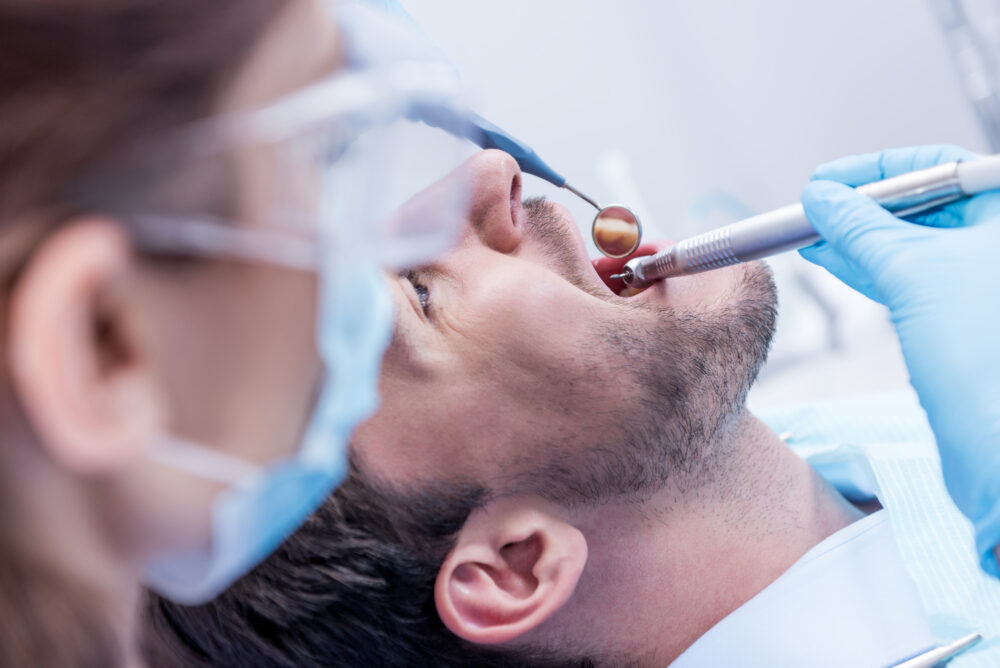Dental Emergencies: Hospital vs. Local Dentist?
A dental emergency always needs rapid action. Some dental or gum injuries can get worse and cause more harm. Call your dentist immediately or go to the emergency room for care if you have a dental emergency. Any dental problem that needs immediate attention is referred to as an emergency. Not every dental issue is an emergency. But you require dental emergency care if you have bleeding that will not stop, discomfort that isn’t relieved by medication, or faces bones that have been fractured.
What to do in a dental emergency?
If you are experiencing any dental emergency, you can first call your dentist for further instructions. Maximum dentists have an emergency number you can call if this is after regular business hours. If you do not have a dentist, visit a hospital for urgent care or the nearest emergency room. Are you feeling pain in your teeth? Contact clinics catering for non-life-threatening emergency dentistry, such as a knocked-out tooth, without delay will be a wise decision.
When should you visit a hospital?
This dental emergency or the traumas involving the mouth and face that need immediate medical attention include jaw dislocations, fractures, serious cuts or lacerations to the mouth and face, or the abscess or infection which is very much swollen or affecting the swallowing or breathing of yours.
A dental emergency calls for immediate action. Several tooth and gum injuries can deteriorate and worsen. Call your dentist immediately or visit the emergency room if you have a dental emergency. An emergency is any dental issue that requires immediate attention. Not all dental problems are emergencies. Yet, you need dental emergency care if you have bleeding that won’t stop, discomfort that can’t be treated with medicine, or broken facial bones. It turns out urgent matters are big business for hospitals providing dental surgeries.
When should you visit a Dentist?
Some dental problems may still call for urgent care even though they are not life-threatening.
Unless a tooth is severely bleeding or was knocked out due to a serious accident, you can generally wait for the dentist to handle these if you break or fracture a tooth.
Proper care for the tooth sensitivity
Sensitivity to hot and cold meals is typically not a symptom of a major issue when a tooth is painfully decaying. Little amounts of gum recession that reveal small patches of the root surface, a loose filling, or a small decay could all be to blame for the sensitivity.
When Your Dentist Is not Open?
Dental emergencies only sometimes happen during business hours at your dentist’s office. Always call your dentist before seeking alternative care if the dental emergency happens after hours, on the weekend, or a holiday and is not deemed life-threatening.
Many dentists offer their patients recommendations for an on-call replacement dentist or after-hours emergency care. Go to the closest healthcare facility in your neighborhood if a dentist is unavailable to visit you after hours but still needs medical attention.
Conclusion
If the problem causing the tooth pain is pulp tissue damage, your dentist can send you to an endodontist specializing in pulp-related procedures. The endodontist will perform the procedure, cleaning the damaged pulp and filling and sealing the remaining space. The procedure is commonly popular as the root canal.


